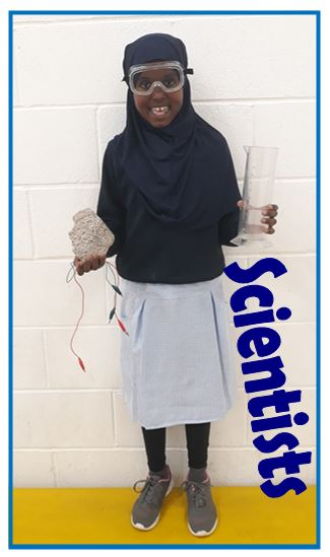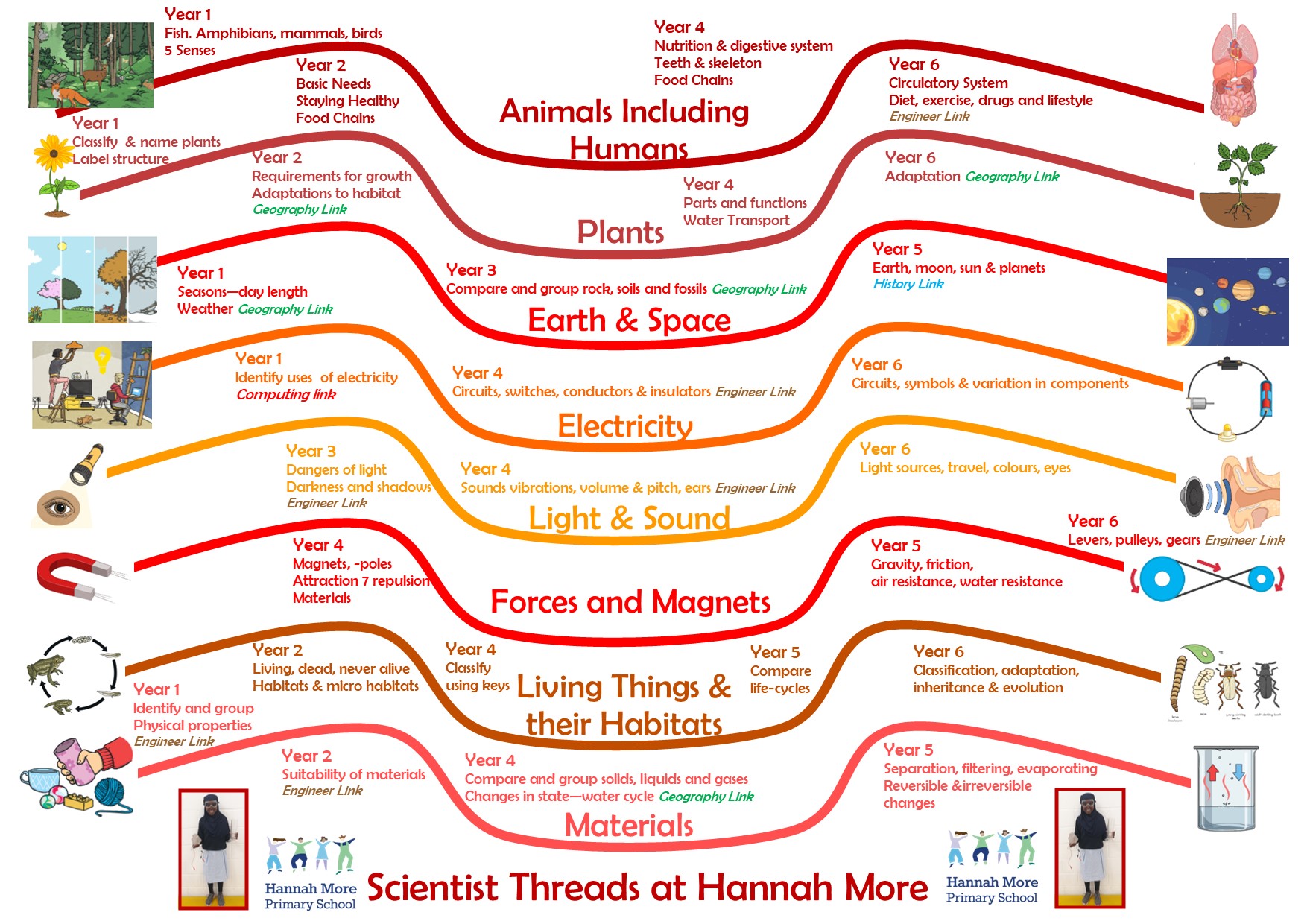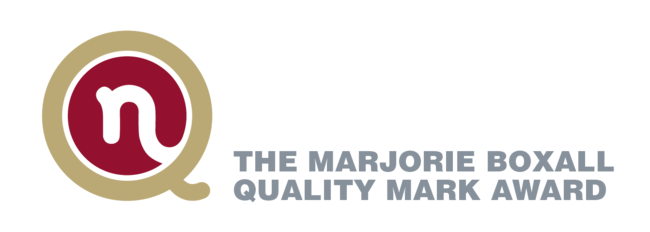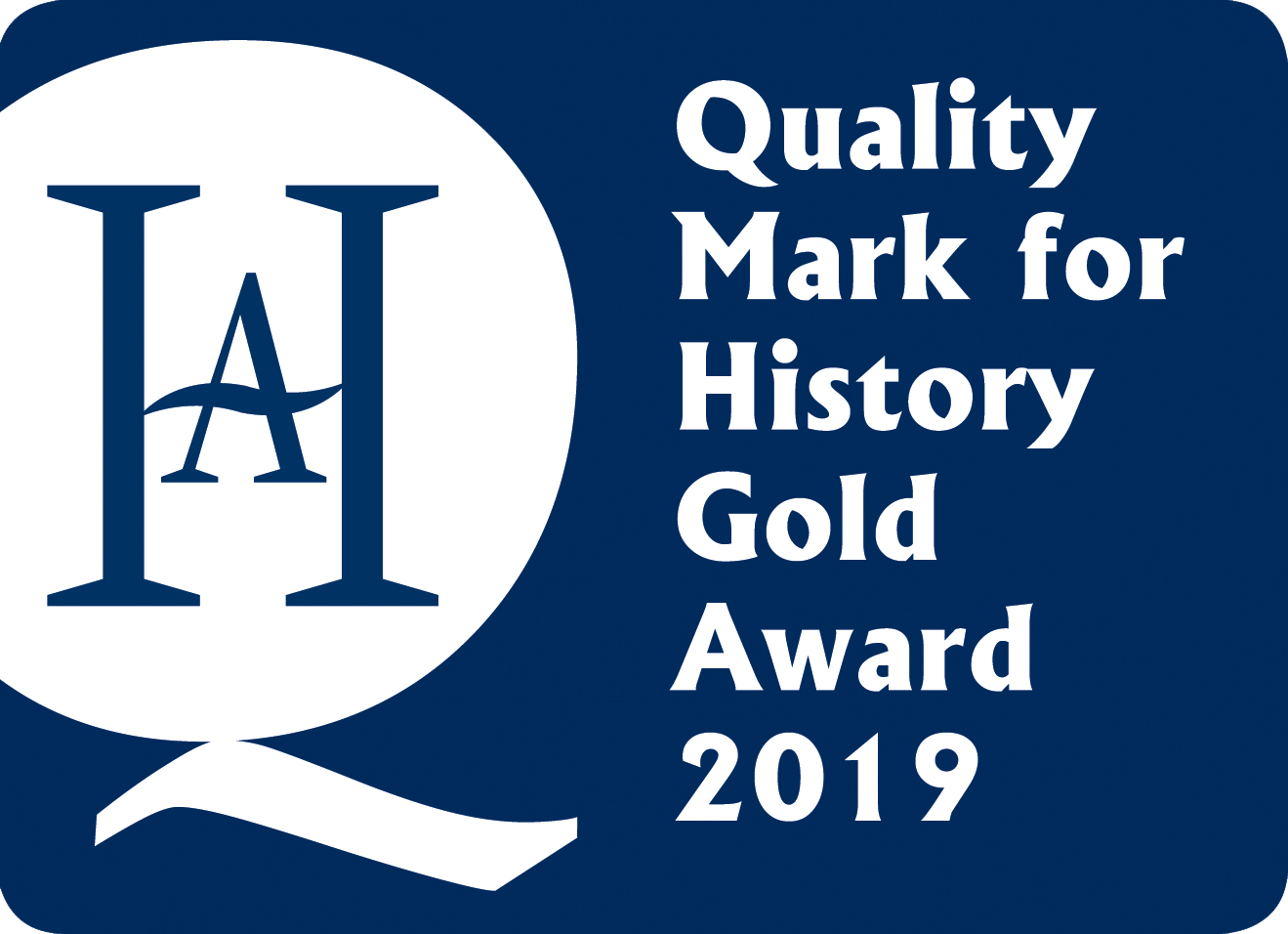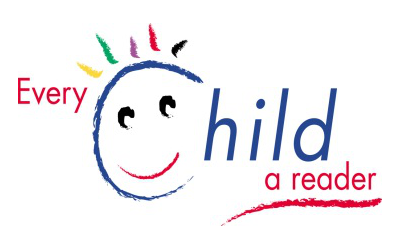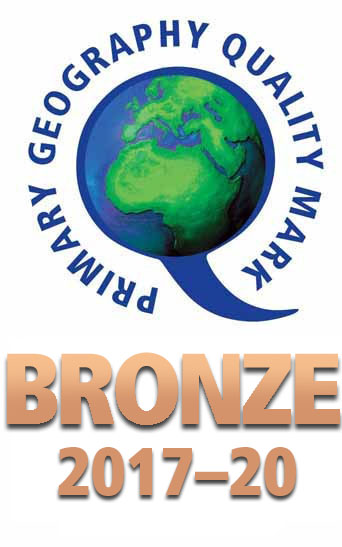Intent
Science at Hannah More inspires, excites and develops children’s curiosity whilst teaching them the knowledge and skills they need to take advantage of the opportunities, responsibilities and experiences of later life. In their lessons, children are not passively taught science but rather become Scientists in active, practical sessions that allow them to discover knowledge for themselves through their application of scientific skills. We endeavour to use Science to build cultural capital and provide children with valuable life experiences that will enable them to become socially mobile in later life. Children study famous scientists and are taught about how the topic they are studying links to scientific career paths. We place a strong emphasis on learning about our local area to allow children to make connections in the place they live and know what scientific links there are in their community that they could utilise when they are older. At Hannah More, Science is taught with a strong emphasis on Oracy, which enables our pupils to develop understanding and articulate their ideas in order to better understand the world around them.
Implementation
Science is taught throughout three science enquiries during the year for most year groups except for Year Four and Six who have four science enquiries. At Hannah More we use a flexible timetable so science may be taught for seven hours one week and two the next, in order to interweave it into English and other enquiry subjects in a systematic and sequenced order that builds on children’s knowledge and skills. Science skills as set out in the National Curriculum are not taught separately but used as a vehicle for children to discover knowledge. Throughout their enquiry children ask questions and decide which type of scientific enquiry would be best to answer them including observing over time, pattern seeking, identifying and classifying, researching using secondary sources and conducting comparative and fair tests.
The teachers and subject leader have high expectations of every pupil and learning is challenging to ensure that every child is extended. The needs of every child are identified and steps are taken to ensure that these needs are met. In science, this can involve; pairing non-technical and technical vocabulary, visual aids, breaking learning into smaller steps and providing additional resources when needed. Children working at greater depth level in science will be extended with challenges which requires them to reason more deeply about the learning covered in the lesson.
Science at Hannah More is taught in a way that drives children’s curiosity and enjoyment in science. Alongside the enquiries, children’s engagement in science is fostered by STEM week, Nature Clubs, Eco-committee and weekly news assemblies which often touch on scientific discoveries. Our large school grounds are used frequently to assist in the study of plants, life-cycles, animals and the seasons. We also teach children about broader world issues such as climate change and plastic pollution and in this way develop them as responsible and active citizens. Children’s learning and engagement is also fostered through science trips to places such as Science Creates, the Bristol Botanic Gardens and We the Curious.
During EYFS, pupils explore the natural world through a combination of child initiated and adult directed activities.
They have the opportunities to:
- Observe closely and record findings through drawings
- Identify plants, animals, the weather, seasons and materials and explore similarities and differences between them
- Observe the lifecycle of plants and animals
- Explore changing states of matter
- Begin to learn how humans should stay healthy
Impact
Formative assessment is used throughout an enquiry by teachers to ensure that key concepts are understood and children have a thorough, rather than superficial understanding of the topic they have studied. Throughout an enquiry, lessons are flexible so that teaching can be adapted in light of this assessment in order to respond to a class’ learning and clear feedback is given to ensure that any gaps or misconceptions can be addressed. In addition to ongoing assessment, children carry out a ‘cold task’ at the beginning of each enquiry to share what they currently know and repeat this as a ‘hot task’ at the end to demonstrate what they have learnt. This provides the teacher with information about which children have made good progress throughout the enquiry, who has a secure understanding and what gaps might still need to be filled. As a result, pupils leave Hannah More with a deep understanding of the topics covered and are able to transfer this knowledge to a range of situations, skills and subjects.
At Hannah More we develop a secure foundation in biology, chemistry and physics. Our pupils demonstrate a love of science and a desire to widen their knowledge through questioning. Due to their knowledge of scientific processes they are able to avoid misconceptions and can explain why they are not correct using rich scientific vocabulary. Additionally, they can plan, carry out and present scientific experiments, using their knowledge to inform them. In this way children will be equipped with the scientific skills and knowledge needed for the start of secondary school and their future beyond Hannah More.

